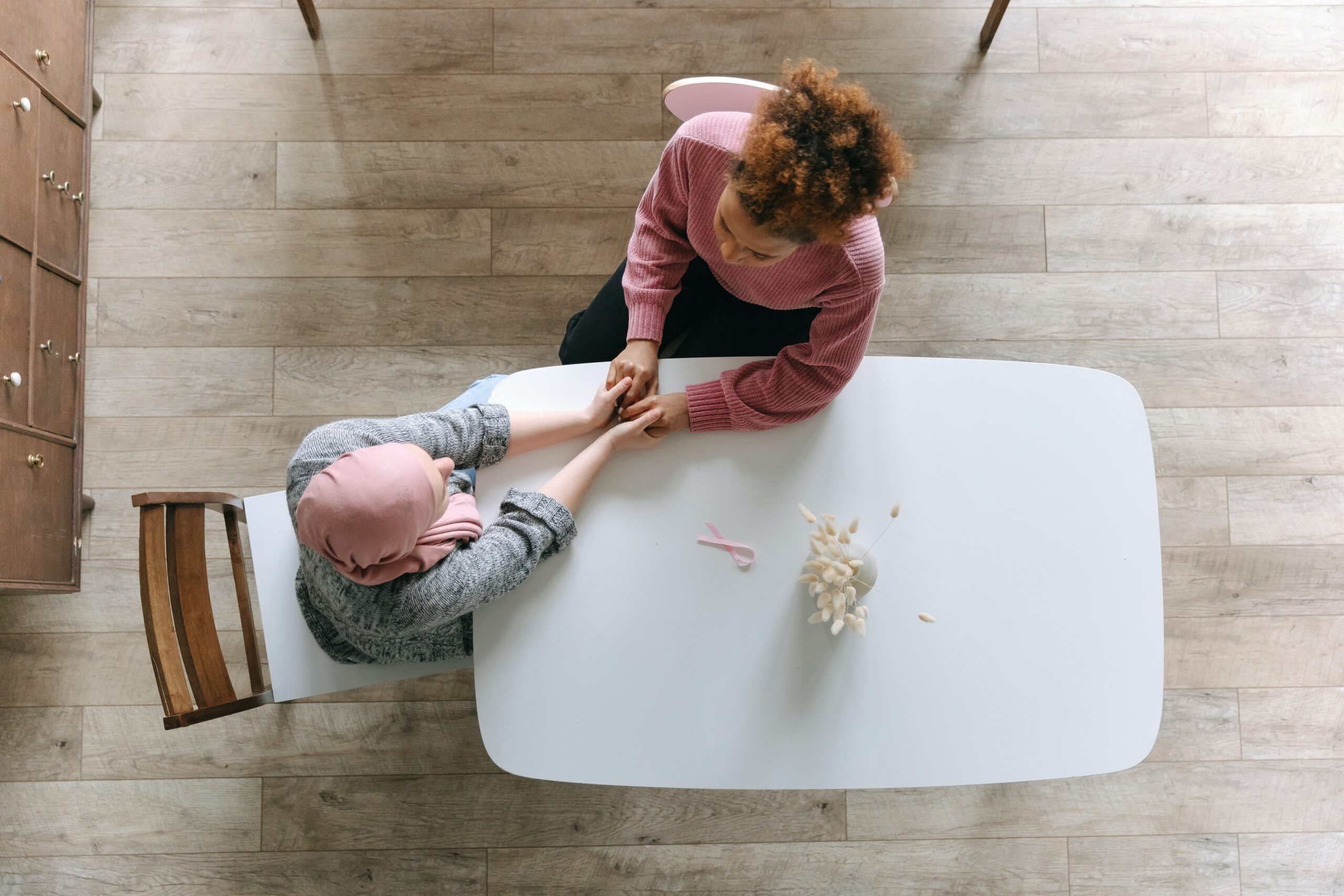Trauma has a profound impact not only on individuals but also on their relationships. Navigating relationships after experiencing trauma, especially for individuals with Post-Traumatic Stress Disorder (PTSD), can be incredibly challenging. However, the journey to healing doesn’t have to be walked alone. Reconstructive therapy offers a unique and compassionate approach to restoring connections and fostering understanding between individuals and their loved ones. Let’s delve into the intricacies of navigating relationships after trauma, shedding light on how reconstructive therapy can facilitate healing, communication, and renewed bonds.
The Impact of Trauma on Relationships that Requires Healing

Trauma can disrupt relationships in various ways. Individuals with PTSD might struggle with emotional regulation, experience heightened anxiety, or have difficulty expressing their emotions. As a result, loved ones may find it challenging to provide support or understand their behaviors, leading to strains in the relationship.
PTSD and Reconstructive Therapy: A Bridge to Healing Relationships
Reconstructive therapy, with its holistic and empathetic approach, addresses the challenges that trauma can introduce into relationships. Here’s how this therapeutic approach can help individuals and their loved ones navigate the path toward healing:
1. Understanding Trauma’s Effects for Relationship Healing
The therapist at My Recon Therapy helps individuals and their partners understand how trauma affects thoughts, emotions, and behaviors. This understanding lays the foundation for empathy and patience, crucial components of rebuilding relationships.
2. Facilitating Communication to Cope with Trauma

Effective communication is the cornerstone of healthy relationships. Reconstructive therapy equips individuals with the tools to express their feelings, needs, and concerns to their partners. By improving communication, couples can foster mutual understanding and emotional connection.
3. Managing Triggers Together to deal with Trauma and Anxiety
Partners may witness moments when the trauma resurfaces, triggering distressing emotions or behaviors. Reconstructive therapy teaches partners how to recognize and respond to these triggers, promoting an environment of support and safety.
4. Encouraging Patience and Empathy for healing Relationships

Reconstructive therapy emphasizes the importance of patience and empathy. Partners learn to acknowledge each other’s struggles and provide support without judgment. This nurturing environment promotes healing and trust.
5. Rediscovering Intimacy to deal with PTSD
Intimacy can be impacted by trauma. Reconstructive therapy helps couples rediscover physical and emotional intimacy through open communication, building trust, and learning how to create a safe space for vulnerability.
6. Setting Boundaries to Deal with Trauma and Anxiety

Individuals with PTSD may need space and time for self-care. Reconstructive therapy guides couples in setting healthy boundaries, respecting each other’s needs, and fostering a balance between personal growth and connection.
Navigating relationships after trauma demands understanding, patience, and a willingness to embark on the journey of healing together. Reconstructive therapy, tailored to the needs of individuals with PTSD, offers a pathway to rebuilding connections that have been strained by trauma. With the guidance of skilled therapists, individuals, and their partners can overcome the challenges of PTSD and rediscover the depth, intimacy, and joy that thriving relationships can provide.
At My Recon Therapy, we’re dedicated to helping individuals and couples heal and reconnect after trauma. Our reconstructive therapy approach offers a safe and supportive space for exploring emotions, building communication skills, and fostering understanding. Reach out to us today to embark on a journey of healing, connection, and rebuilding relationships after trauma.

Mobilbahisicon, that’s a mouthful! They got a sweet mobile interface for on-the-go betting. Pretty convenient, gotta say. Check them out visit mobilbahisicon.
You have made some really good points there. I looked on the net to find out more about the issue and found most people will go along with your views on this website.
Just wanna input that you have a very decent site, I love the design it actually stands out.
Hi there, every time i used to check blog posts here early in the daylight, for the reason that i like to find out more and more.
This is a topic that’s close to my heart… Thank you! Where are your contact details though?
I like it whenever people get together and share ideas. Great site, continue the good work!
Hello, after reading this remarkable paragraph i am too cheerful to share my familiarity here with colleagues.
Hello, I check your blogs like every week. Your humoristic style is awesome, keep up the good work!
I needed to thank you for this excellent read!! I absolutely enjoyed every little bit of it. I have got you bookmarked to look at new things you
I will right away seize your rss feed as I can’t find your e-mail subscription link or e-newsletter service. Do you have any? Kindly permit me understand in order that I could subscribe. Thanks.
Wow, this post is fastidious, my younger sister is analyzing these kinds of things, therefore I am going to let know her.
Whoa! This blog looks exactly like my old one! It’s on a completely different topic but it has pretty much the same layout and design. Great choice of colors!
I willl inmediately clutch your rss as I can’t tto fund our emmail subscription lin or newsletterr service. Do yyou hzve any? Kindly alloww mme knnow so that I may subscribe. Thanks.
I wanted to thank you for this fantastic read!! I certainly loved every little bit of it. I have got you bookmarked to look at new stuff you